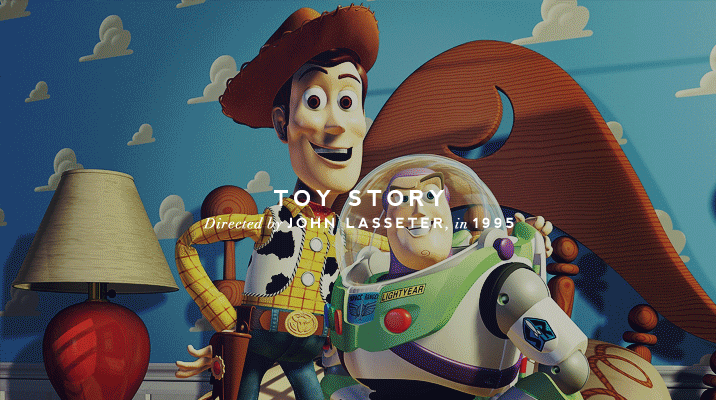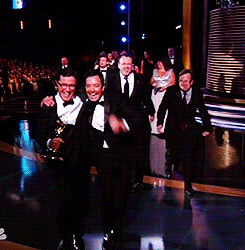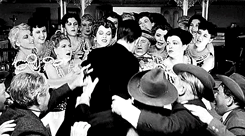Directed and Written by MICHAEL HANEKE
Starring MICHAEL PITT, NAOMI WATTS, TIM ROTH and BRADY CORBET
The first time Haneke makes it very clear that this is not your average horror/thriller is when a calm (and rather snobbish) game of guessing opera songs is suddenly interrupted by the most annoying heavy metal piece of music you can imagine. The loud, unbearable screams will have you reaching for volume control, maybe even wanting to stop watching the film. It will shock and make the average viewer uncomfortable from the start, with a feeling that standard rules of filmmaking might not apply to Funny Games. And he would be right.
The film is simply about two young men who take a family hostage for one night – or about a family being tortured by a couple of psychopaths, depending on how you look at it. It's not unusual for the audience to get attached to the villain, even when they're vicious murderers. This normally comes from them being three-dimensional, having a side of them that we can identify and empathise with, or even admire. We hope they succeed, or at least that don't get caught just yet, even though we solemnly condemn their actions.
But Peter and Paul are different – there's no grounds for sympathy, no sad back story to stir any compassion from the viewers. We know nothing about them apart from their fondness of killing for no other reason than entertainment – our entertainment. So the question is, are you entertained?
 |
| That's why we're playing cat in the bag. To preserve moral decency. – Paul |
Slashers have been around for a while now, but the question of why people enjoy them and any other kind of death/torture on film remains an interesting and relevant question. On the subject of death and violence, Haneke himself has noted that we're fascinated by it, even sometimes in real life, because we're not directly concerned; like a kind of line that disables any emotional connection. In movies that line is what separates life from fiction, them from us – a matter explicitly referred in one of Funny Games's final scenes.
So if there's no link between the film's fictional events and the reality of our lives, we're not affected by it, not really. But with Paul breaking the fourth wall again and again, directly addressing us, we're no longer outside looking in – we become part of the game. But more than choosing sides, we're forced to say to ourselves why are we still watching this movie, and most importantly, why are we enjoying it so much?
Of course not everyone enjoyed it: for some its apparently gratuitous violence is unbearable or condemnable; while for others, Funny Games is not violent enough, it actually fell short of their expectations. Interesting, isn't it?
Well the latter do have a point, at least when it comes to physical violence: all of it is shown off screen, except when it is committed against the perpetrators. --- SPOILERS AHEAD ---Even such an important scene as the kid being killed happens while we're watching Paul prepare some sandwiches in the kitchen. He even seems to joke about it with Peter when asking Don't you have any sense of timing?.
Further ahead, in one of the film's most famous scenes, Paul will literally rewind the movie he's in to prevent Peter from being killed by Ann. In another scene he exclaims Bravo! after Ann begs to God to keep her safe through the night, in a way that we'd probably say it later about Naomi Watts's performance. --- IT'S SAFE AGAIN ---
All these details make Funny Games both disturbing and genius, and have us feeling like we're part of some kind of experiment. On my first watch I went through hell with this movie, and was mostly shocked by all these devices; many of its shots and lines stayed with me long after the credits rolled, forcing me to think about them every once in a while. They pushed me to see the film again, but it's the nuanced acting and writing, and the unveiling of more brilliant details with every watch, that will keep me coming back to it.
And all of this just for a carton of eggs.












 got any favourites?
got any favourites?



















































































